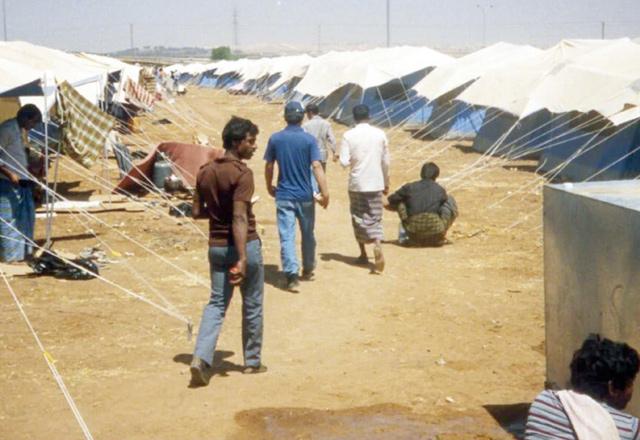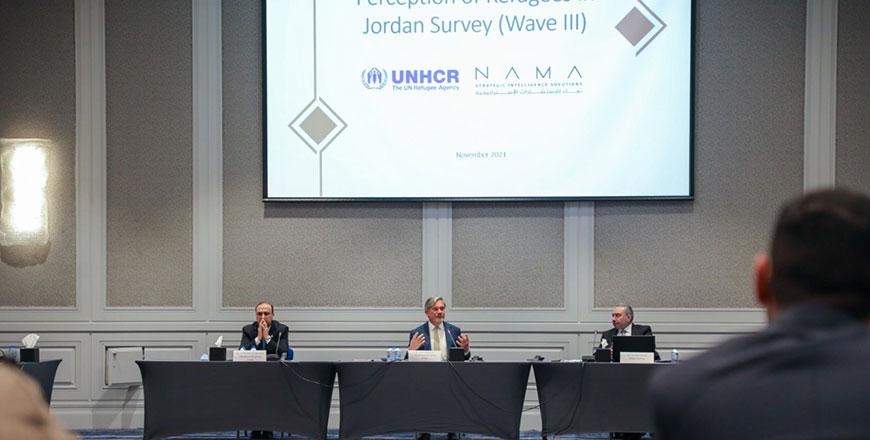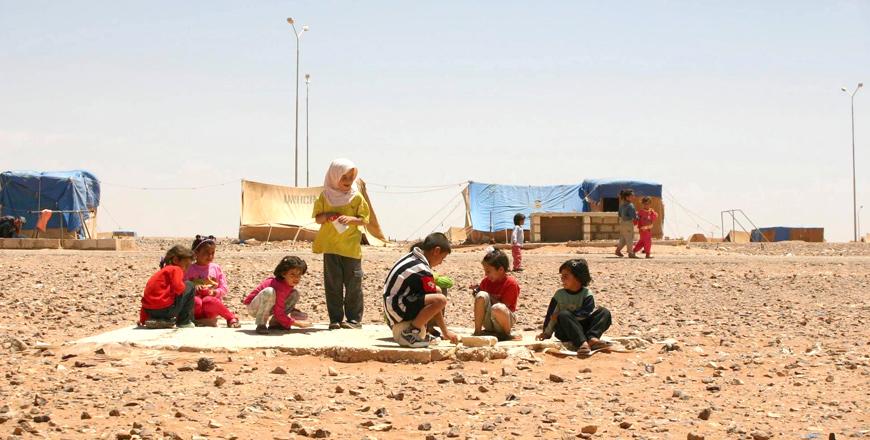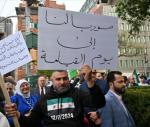You are here
UNHCR marks 30 years of protecting refugees in Jordan
By JT - Dec 09,2020 - Last updated at Dec 09,2020

UNHCR is re-emphasising calls for international community to stand in solidarity with Jordan and its people, as they continue to bear the burden of hosting significant numbers of refugees with limited resources (Photo courtesy of UNHCR Jordan)
AMMAN — Thirty years after it first opened an office in Jordan, UNHCR — the UN Refugee Agency — is launching a virtual timeline detailing key moments and historical events which have affected refugee lives in Jordan.
As a result of the First Gulf War, UNHCR began responding to the protection needs of refugees fleeing Iraq in 1990, said a statement from the UN agency.
Prior to that, the refugee presence in the Kingdom had been small, managed by the UNHCR regional bureau operating out of Cairo.
The increasing influx of refugees arriving in Jordan, however, required a specialised response, one that was also separate than that of UNRWA, which was overseeing the Palestinian refugees.
By the end of 1995, almost 20,000 refugees had registered with UNHCR, the statement said.
Today, Jordan hosts 750,000 refugees — the second largest number of refugees per capita in the world — who mainly fled from wars and unrests in Syria and Iraq but also from less known conflicts in countries such as Sudan, Somalia and Yemen.
“When my predecessors first opened a UNHCR Jordan office in 1990, they would have hardly foreseen the scale of refugee influxes to come,” reflects UNHCR Representative to Jordan, Dominik Bartsch.
“But 30 years on, we are still staying and delivering,” the statement quoted him as saying.
Since the beginning, UNHCR has worked closely with the Government of Jordan to deliver protection services and urgent humanitarian aid to those fleeing conflict.
From beginning of cash as a form of humanitarian assistance in 2006, the introduction of biometric data collection in registering and documenting refugees in 2012 and the opening of the first solar power plant in a refugee camp in the world in 2017, Jordan has continued to innovate and lead the way globally in how it responds to refugees, read the statement.
In recent years, however, the increasing protracted nature of conflicts and refugee situations has seen a transition from a purely humanitarian to an increasingly development-oriented response, amid renewed appeals to international donors for support, including to revamp strained local services in areas such as education, health and water and sanitation.
“As the UN refugee agency, our aim is to get to a point when we are no longer needed,” said Bartsch.
“We want to see a world where solutions have been found and refugees can return home in safety and dignity,” he said.
Despite this, the reality is that at the end of 2020, the needs of refugees in Jordan are greater than ever and the search for solutions remains elusive for many of them.
As a result of the COVID-19 pandemic, UNHCR and other international organisations have observed refugees scale back into poverty as many have lost their livelihoods and become increasingly dependent on humanitarian organisations to meet their basic needs.
In response, UNHCR is re-emphasising calls for international community to stand in solidarity with Jordan and its people, as they continue to bear the burden of hosting significant numbers of refugees with limited resources.
Related Articles
AMMAN — A majority of Jordanians, standing at 92 per cent, feel sympathetic towards refugees in Jordan, according to a newly released public
AMMAN — The UN Refugee Agency (UNHCR) and the US Embassy in Jordan held a joint media briefing on Tuesday regarding the current situation of
AMMAN — A new study released on Wednesday by UNHCR, the UN Refugee Agency, revealed that 94 per cent of the Jordanian public view refugees i


















